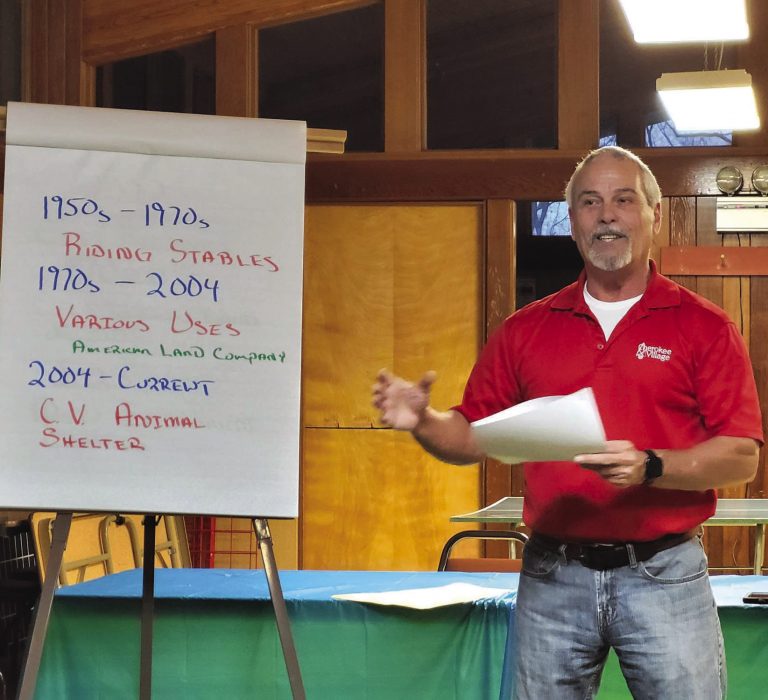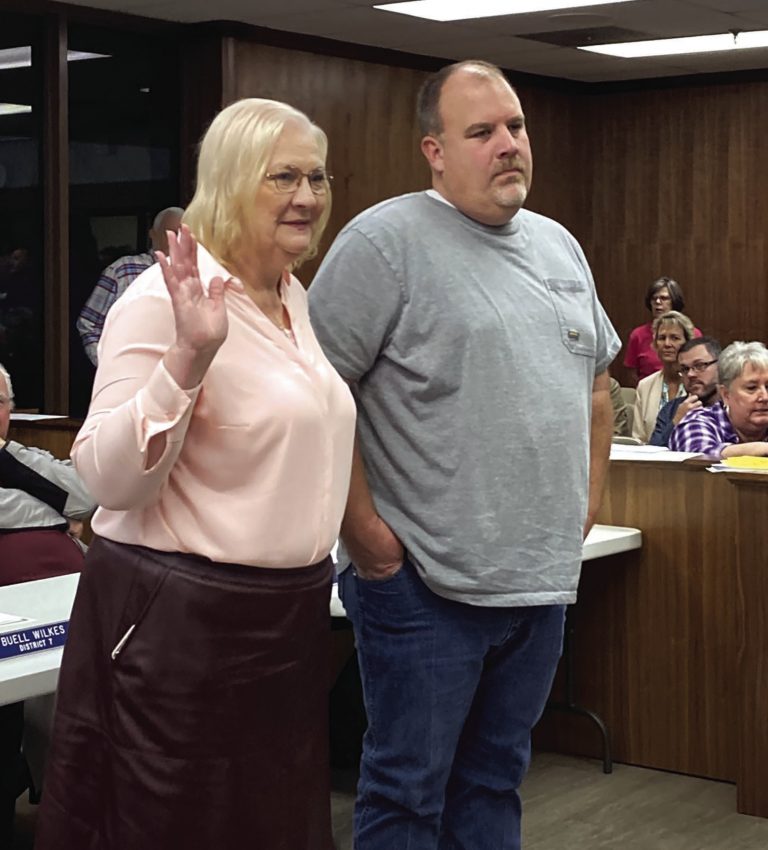The nonprofit sector is formidable and plays an essential role in the economic and social services delivery systems to address wicked problems. Wicked problems are complex social or cultural problems with an unknown number of potential solutions with limited, often confusing, or contradictory information requiring a diverse group of stakeholders to work together to solve the problem. The problems are often interrelated with other problems. For instance, hunger can affect a child’s ability to learn at school, and homelessness significantly stresses government and social programs, including education and healthcare systems. On a local and global scale, poverty, food scarcity, education equality, teenage pregnancy, drug abuse, healthcare, homelessness, immigration stress, civil rights, gender inequality, and sustainability can be wicked problems. When addressing wicked problems, regardless of the scale, we—the citizenry—the community— work together for the community’s common good. In community, we have the opportunity to solve wicked problems, make a significant impact, and therefore make a real difference in the social fabric of our community.





